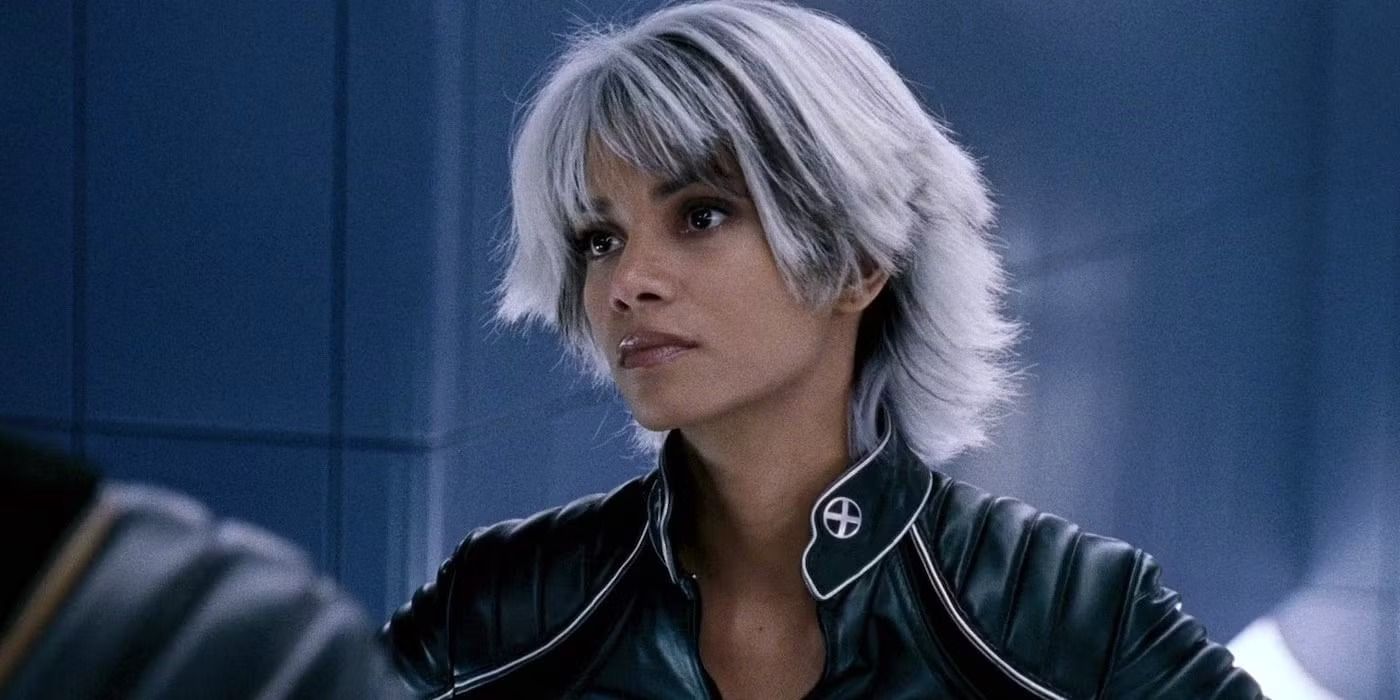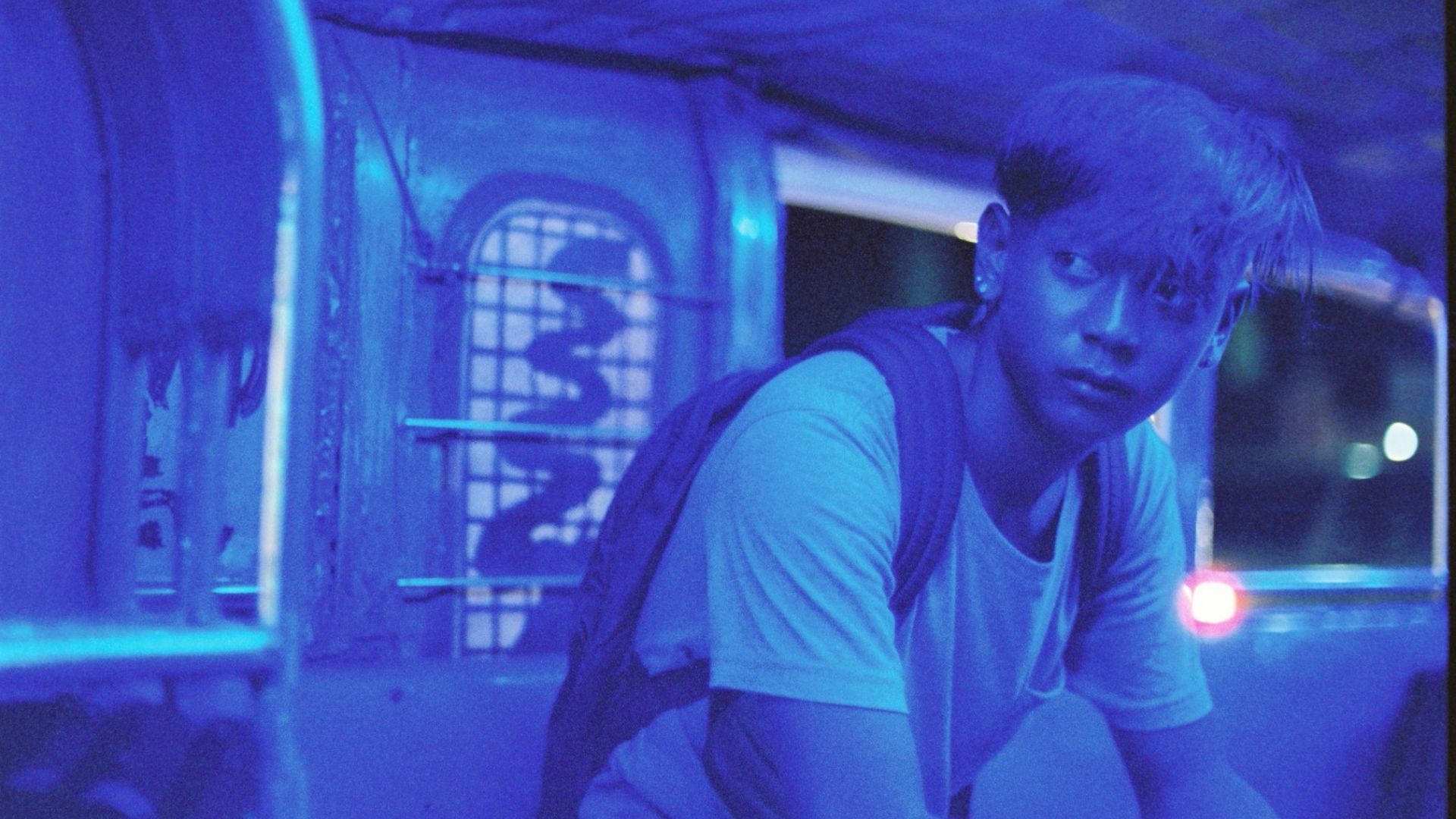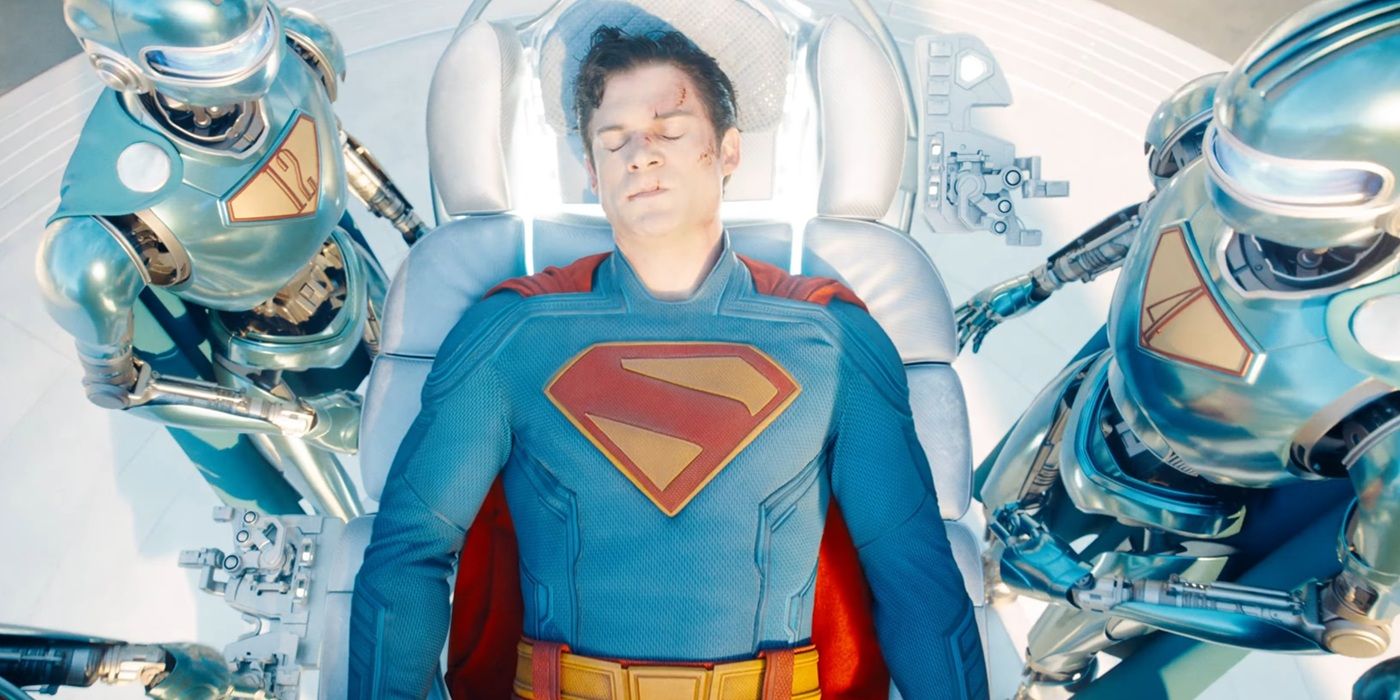That’s why Julian’s bedroom doesn’t look the way Michelle has assumed it would; he can’t see himself as a working gigolo. “A bordello,” Kaye interrupts her when she details her imagined version of his bedroom, disgusted. “This is my apartment. Women don’t come here.” Women don’t come here because it needs to be Julian’s backstage, his blank canvas, a place in which he can convince himself that he is something other than what he really is. After all, the brimming meniscus of confidence he has in his body is offset, in Gere’s calculated performance, by a frightening lack of confidence or solidity in the self. And holy shit is that sexy. I love a man in crisis; better when it’s a private crisis, of course—one you could convince yourself was fixable with the gauze and medicinal ointment of your love. Nothing disarms me more than a man on the verge of dismantling himself.
Gere looks fantastic throughout this whole film, but the scene in which he exudes the most undeniable appeal comes late in the movie, when he realizes he’s been trapped, snared, framed. The sound momentarily drops out of the film, and we follow Julian from above, striped and shadowed, staring at the possessions he accumulated just to be what others needed, knowing that somewhere, planted evidence lies dormant, waiting to send him to jail. The menacing soundtrack begins to fade in as Julian rifles through books, stands on his couch, takes his art down, upends his decorative fruit. Gere’s performance starts small; he’s not Nic Cage-ing this, or Al Pacino-ing it; he knows he’s not inhabiting a character who wants to go big and dramatic. Julian wants to stay smooth, silky, fluent. But as the scene proceeds, his movements lose a little of their control, his prowl loses its grace, his shoulders lose their poise, his jaw moves forward, his eyes harden—and that is the money shot, there, that moment where he throws the vase and the diegetic sound comes back into the film, taking precedent over Giorgio Moroder’s velvety, pulsing soundtrack. For the rest of this scene, yelling, knocking lamps and radios over, upending the bed, quietly loosening his tie in resignation and beginning to unbutton his shirt, Gere has me in the palm of his hand.
*
Symbolically, we’re now at the place in the film where we realize Julian has to take himself apart in order to rebuild. The apartment that was his blank slate haven is in shambles, and then he descends even further: to that beautiful, perfect car. Of course this would be the locus of the deception, the structure he has to pry apart, the frame that would contain an ugly betrayal. Why would he have thought anything different?
Where is the appeal in a man who doesn’t need to crawl underneath himself and emerge, slick with his own oil, determined to root out the evil? The scene where we witness Julian tear apart his own Mercedes might be more sensual than his sex scene with Michelle. It highlights one of Julian’s most appealing qualities beyond his reflective gaze—his vulnerability. We know, from early on in the film, that he is a man who could be broken. Though his first impression is one of complete implacability (those iconic upside-down sit-ups that I am sure inspired Patrick Bateman’s own morning routine! That self-assured chauffeur/pool boy act!), his meeting with Michelle shows the cracks beneath the surface. His slip-up, with her? He reads her wrong. Reading people is what he does, and yet—he believes her to be a tourist, to be unattached, to be looking for someone like him. He may have gotten that last piece right, but when he realizes he was wrong on the first two counts, we can see it in his entire body. Gere narrows his eyes a bit, hangs his head, nods a few times in sad self-recognition. “I made a mistake,” he says, his very simplicity and honesty vulnerable. And this, paradoxically, is what hooks Michelle—and, perhaps, the viewer—in. We know: Mirrors can break. Cars can only run so long on a single tank. The beautiful colored lights, eventually, will fail. Hair will gray, abs will melt. But fuck if that doesn’t make us want the fragile, breakable thing even more.
You can view the original article HERE.





























